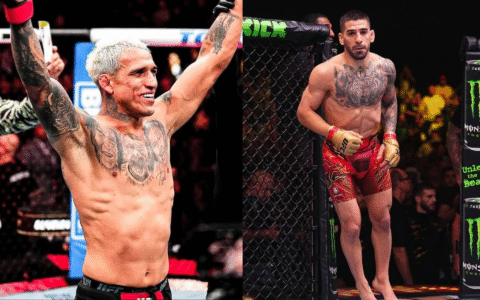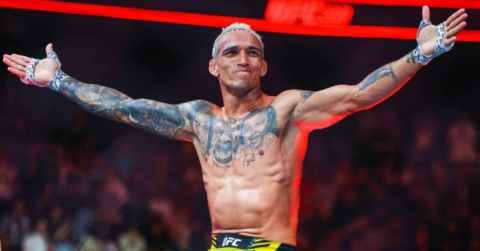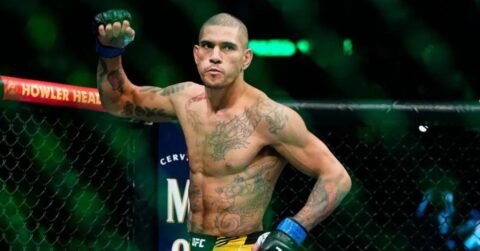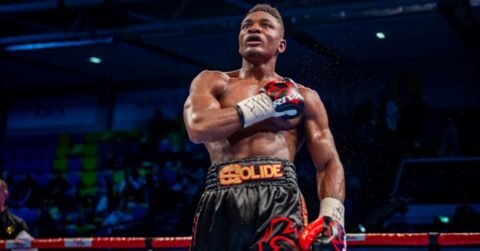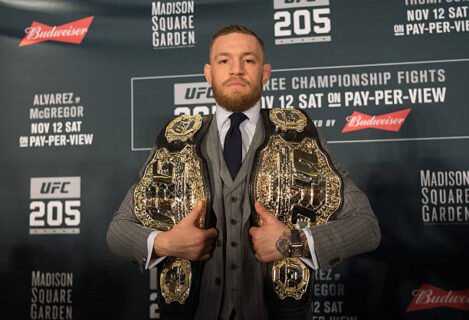Vince McMahon, the controversial founder of WWE, has made a bold attempt to re-enter the sports entertainment arena by seeking to acquire Bare Knuckle Fighting Championship (BKFC), only to see the deal collapse due to his demand for complete control. BKFC president David Feldman confirmed that while McMahon was serious about the acquisition, the timing wasn’t right. This development underscores McMahon’s enduring ambition in the combat sports industry amidst his ongoing tumultuous legacy.
Vince McMahon’s New Ventures in Combat Sports
In the ever-evolving landscape of sports entertainment, Vince McMahon’s ambition shows no signs of waning despite his departure from WWE. Reports indicate that McMahon recently set his sights on acquiring the Bare Knuckle Fighting Championship (BKFC), a growing organization that has captured the interest of combat sports fans worldwide. McMahon’s bid, however, was met with resistance. He sought to gain absolute control over BKFC, a move that did not align with the organization’s president, David Feldman, who prefers a collaborative approach. This illustrates not only McMahon’s penchant for leadership but also how much he still craves creative autonomy in such ventures.
Feldman, while acknowledging McMahon’s storied legacy in wrestling and entertainment, emphasized that the timing wasn’t right for BKFC, which is striving for stability and brand identity in a competitive market. ‘He was fantastic, very complimentary, and he was very serious about doing business,’ Feldman remarked. These characteristics reflect McMahon’s reputation, yet they also hint at the complex dynamics that often come with negotiating amidst legacy and ambition.
Historical Context: McMahon’s Previous Interests in Combat Sports
McMahon’s interest in expanding the family legacy into combat sports is not unprecedented. Back in the early 2000s, his son, Shane McMahon, explored the possibility of acquiring the then-nascent UFC. At that time, Shane perceived the potential in the UFC, which was in a vulnerable state, grappling with financial instability and public perception issues. Vince, however, was skeptical. He dismissed the UFC’s business model, arguing that WWE’s emphasis on character-driven storytelling was more viable compared to a promotion reliant on individual fighters.
This decision reflects McMahon’s long-term strategy of investing in sustainable entertainment formats that capitalized on fan loyalty rather than fleeting fighter careers. Ironically, two decades later, the UFC’s model has proven successful, with the brand becoming a powerhouse in sports entertainment. In a twist of fate, both the UFC and WWE now fall under the same corporate umbrella of TKO Group Holdings, highlighting how the tides have turned in the combat sports arena.
The Impact of TKO Group Holdings on the Industry
The merger of WWE and UFC has reshaped the landscape of professional wrestling and mixed martial arts, creating a combined valuation of approximately $21 billion. This is a testament to how both organizations have thrived under their distinct business strategies, with WWE focusing on storytelling while UFC capitalizes on martial arts competition. The strategic alliance under TKO Group Holdings provides both entities with shared resources that could redefine their approaches to content creation, live events, and marketing.
Moreover, the consolidation raises questions about the future of individual promotions in combat sports. Will entities like BKFC find it increasingly difficult to compete against the financial clout of two behemoths? These developments set the stage for an exciting yet challenging environment for upcoming promotions, as they must carve out niches that can withstand the scrutiny and competition from industry giants.
The Controversial Legacy of Vince McMahon
McMahon’s attempts to reenter the combat sports arena may be marred by his controversial legacy. As the founder of WWE, he has been associated with numerous scandals and accusations over the years, from unethical business practices to allegations of misconduct. While his reputation has drawn mixed reactions, it remains evident that McMahon’s influence on the entertainment industry has been profound, if not polarizing. Calling him ‘a great guy’ might be an understatement or perhaps a strategic move to align temporarily with someone of his stature.
As this most recent attempt at acquisition fades, it may also reflect the underlying complexities of McMahon’s identity as a promoter. His ambition, when balanced against his controversial past, raises the question of how future partnerships within the combat sports industry will perceive and react to his presence. Moving forward, it remains to be seen whether McMahon will continue to forge partnerships within combat sports or if his legacy will be defined mainly by his past errors.
Conclusion: What Lies Ahead for McMahon and Combat Sports
With the landscape of combat sports evolving at a rapid pace, Vince McMahon’s endeavors, despite their current setbacks, underscore his enduring passion for the industry. His attempt to acquire BKFC speaks volumes about his unyielding drive to remain relevant in a field he helped revolutionize. As new combat sports narratives continue to unfold, McMahon’s next moves will be closely watched by both fans and industry insiders.
The merging of WWE and UFC may have set a precedent for collaborations in combat sports, but McMahon’s potential involvement remains uncertain. As he navigates this new chapter, it will be interesting to observe how his legacy continues to influence the fabric of sports entertainment and whether he can leverage his name and experience to carve out new opportunities in an increasingly competitive arena.
| Key Point | Details |
|---|---|
| Vince McMahon’s Departure | Vince McMahon is no longer actively involved in professional wrestling. |
In conclusion, Vince McMahon’s ongoing ambition to remain influential in sports and entertainment is evident through his recent attempt to acquire Bare Knuckle Fighting Championship. Although the deal was unsuccessful, it underscores the nuanced dynamics of ownership in combat sports today, raising the question: what could McMahon’s next venture be in an ever-evolving industry?
Frequently Asked Questions
What recent business move did Vince McMahon attempt regarding Bare Knuckle Fighting Championship (BKFC)?
Vince McMahon sought to acquire Bare Knuckle Fighting Championship, but the deal fell through due to disagreements over control and creative direction, which BKFC president David Feldman was not willing to concede.
Why did Vince McMahon previously decline to buy the UFC in the early 2000s?
Vince McMahon declined to purchase the UFC because he had concerns about its business model, believing that the WWE’s approach of developing reusable characters was more sustainable than relying on individual fighters.
What is the current ownership status of WWE and UFC?
Both WWE and UFC are now owned by TKO Group Holdings, following a significant acquisition deal in 2023 that united the two major combat sports organizations.
What is the combined valuation of WWE and UFC?
The combined valuation of WWE and UFC is reported to be an impressive $21 billion, reflecting their significant standing in the sports and entertainment industry.
How has Vince McMahon’s reputation affected his business endeavors?
Despite attempting to re-enter the sports market, Vince McMahon’s controversial reputation may complicate his business dealings, as inferred from reactions to his character and past allegations.

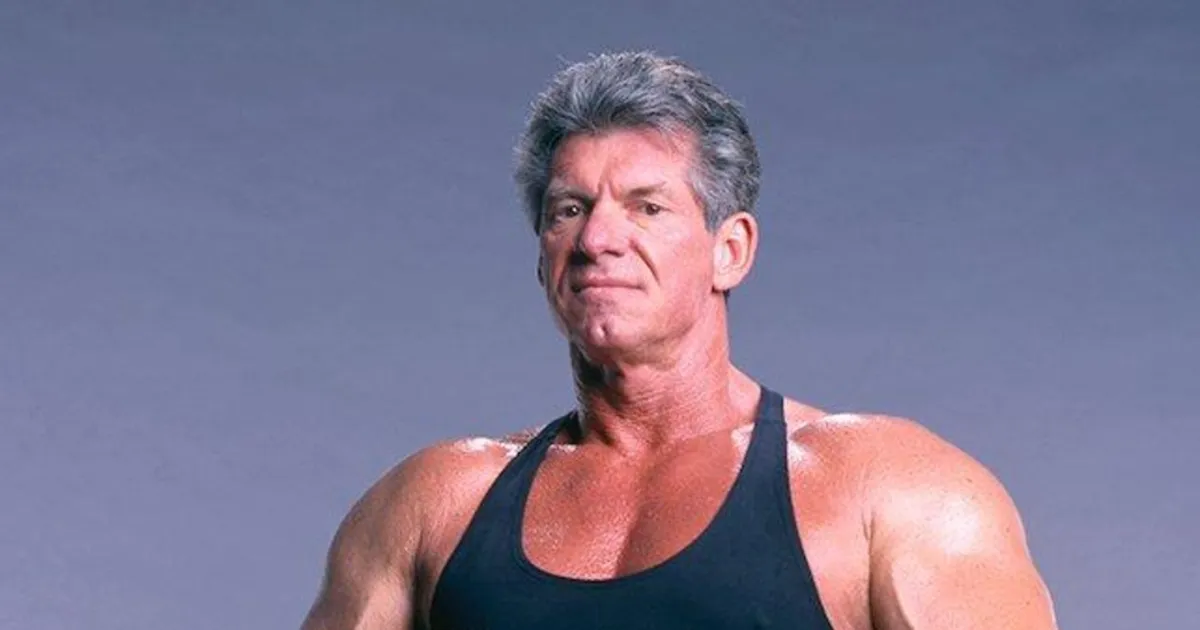


 Subscribe
Subscribe